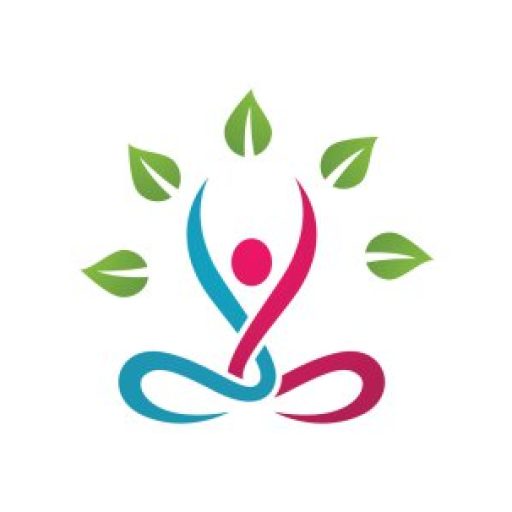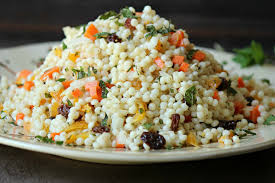Content of the Article
The difference between vegan and vegetarian is curious. Since meat is not eaten in both diets, people are confused.
Plant-based nutrition is gaining popularity today. Herbal nutrition is known to help with weight loss. It also reduces inflammation and improves the body's cognitive functions. This is because herbs contain plenty of vitamins and minerals, as well as polyphenols and plant sterols.
The article will explain what a vegan diet and a vegetarian diet are and the difference between vegan and vegetarian.
What is a vegan diet?
Vegan diet is a form of vegetarian diet. In this diet, no animal products such as meat, seafood, eggs, fish, dairy products are consumed. In a vegan diet, foods obtained from animals are not eaten together with animals.
What is a vegetarian diet?
A vegetarian diet is a restrictive diet that does not eat meat. Unlike a vegan diet, vegetarians eat animal products such as eggs, milk and honey.
Difference between vegan and vegetarian
Neither vegans nor vegetarians eat meat. But vegetarians eat dairy products and eggs, while vegans eat eggs and dairy products. avoids all animal products and generally inedible animal products such as leather, wool and silk.
While vegetarianism is a diet, veganism is a lifestyle. Vegetarians often choose their diet based on health benefits, religious or political reasons. Vegans have much stronger political beliefs about their diet. Some believe that animals should be protected under the same laws as humans.

What do vegans and vegetarians eat?
Most vegetarians do not eat meat, fish or poultry. However, dairy products egg consumes. Many vegetarians also do not eat products containing gelatin or other animal products.
- Lacto-vegetarians consume dairy products, but not eggs.
- Ovo-vegetarians eat eggs but not dairy products.
- Lacto-ovo-vegetarians eat eggs as well as dairy products.
- There is also pescatarianism, a vegetarian-like diet that avoids meat and poultry but eats fish.
The vegan diet is stricter than most vegetarian diets. They do not eat all other animal products such as meat, fish, poultry, dairy products, eggs and honey. Also, any food or other products that benefit from animals, even if not eaten, are avoided. This often extends to clothing, medicines, and anything else where animals or animal products are used. For example, a vegan leather shoe or belt does not use animal-tested cosmetics, down comforters, gelatin medicine capsules, wool sweaters, or fur coats.
Fruits, vegetables, grains and nuts are staple foods of both vegan and vegetarian diets.
Benefits of vegan and vegetarian diet
Both vegan and vegetarian diets have some health benefits.
- It improves the gut microbiota, which is beneficial.
- Herbal nutrition strengthens immune function.
- It prevents certain types of cancer.
- Reduces the risk of heart disease.
- Improves mental health.
- It prevents obesity.
The harms of vegan and vegetarian diets
These restrictive diets have some disadvantages determined by research.
- Since animal products are not consumed, these people have iron, protein, vitamin B12 and Vitamin D such as nutrient deficiencies. These nutrients are mostly found in animal foods.
- A study has shown that half of vegans are at higher risk of developing diseases such as depression, dementia, megaloblastic anemia and paranoia caused by vitamin B12 deficiency.
- Vegan or vegetarian pregnant women are at increased risk of pregnancy complications due to a lack of iron and vitamin B12, the main sources of which are meat products.
Veganism and vegetarianism is a personal choice. It has its benefits as well as its harmful side.










